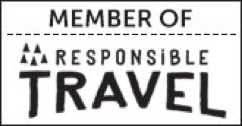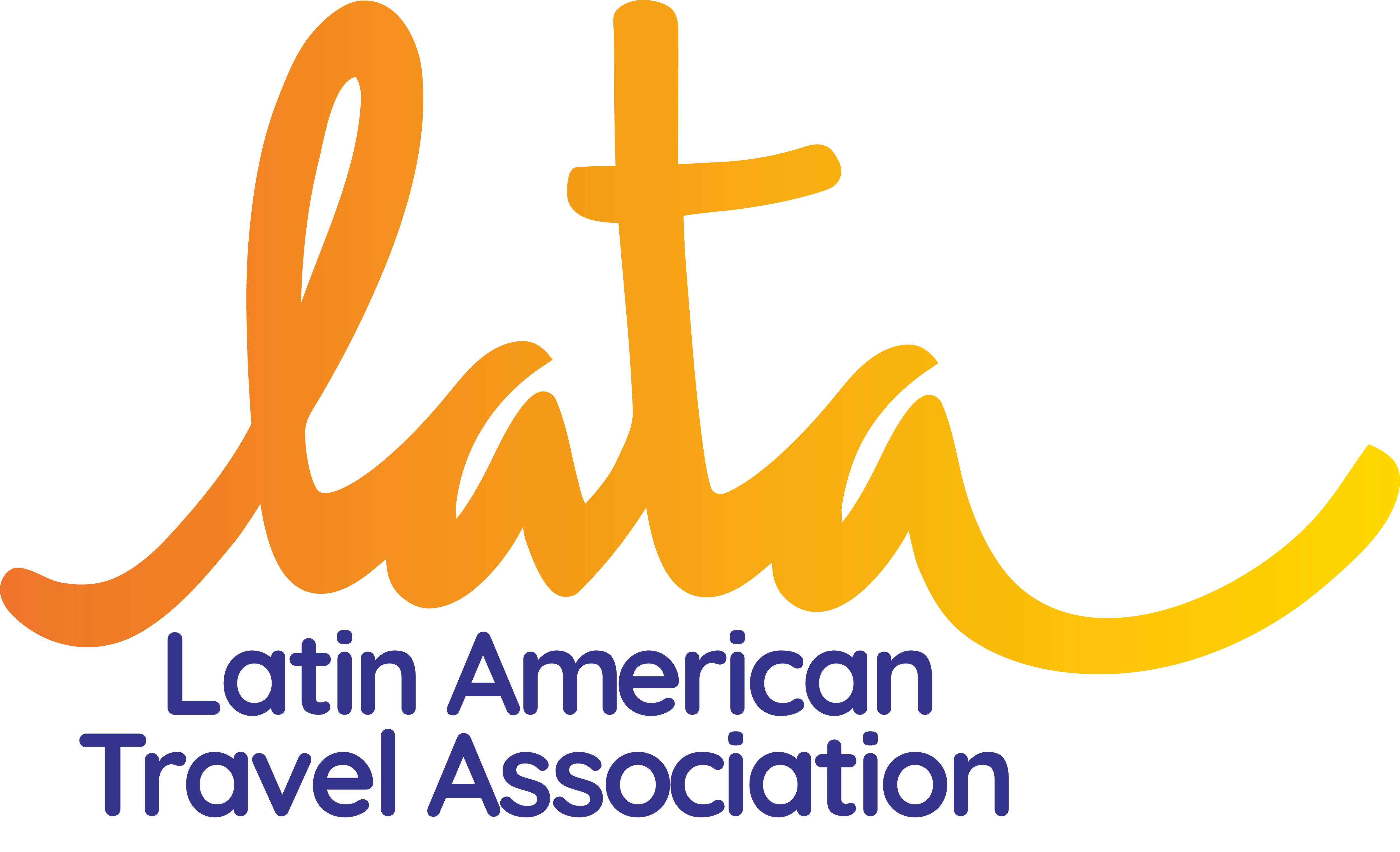Tanzania has a tropical climate and different bacteria, flora and fauna than most visitors are accustomed to , so it is advisable to take a few health precautions when travelling to make sure your trip goes as comfortably and smooth as possible. Malaria is usually top on the list of visitors’ worries, and prevention goes a long way towards keeping you protected. Make sure to visit your doctor to get a prescription for the anti-malarial drug the best suit you. The yellow-fever vaccination is no longer official required when entering Tanzania; however this is still a requirement if you wish to visit Zanzibar. Other vaccination should be considered.
Immunisation
The best choice of vaccines for your trip depends on many individual factors, including your precise travel plans. Vaccines commonly recommended for travellers to Africa include those against Health Effects Such as Tetanus, Diphtheria, Polio, Typhoid, Hepatitis A, Hepatitis B, Yellow fever, Rabies and Meningitis.
Certificate required for entry into, or travel between, some African countries. Several of these vaccines require more than one dose, or take time to become effective. It is always best to seek advice on immunisation well in advance, if possible around 6 weeks before departure.
What to pack
It is advisable to travel with a small medical kit that includes any basic remedies you may need, such as antacids, painkillers, anti-histamines and cold remedies. You will also need anti-diarrhoeal medication such as Imodium (adults only); and oral rehydration sachets such as Electrolade, especially if travelling with children. Also include first aid items such as Band-Aids, antiseptic and dressings. It may be worth asking your doctor to prescribe a broad spectrum antibiotic, suitable for treating dysentery or severe infections.
Take along scissors, tweezers, and thermometer, lip salve, sun block, water purification tablets or drops, as well as your preferred brands of toiletries and cosmetics. If you wear spectacles or contact lenses, take spares. Also take a torch and a pocket knife.
Food & Hygiene
If you eat every meal you are offered, anywhere in the tropics, you will undoubtedly become ill. Be selective. Possible disease hazards range from minor bouts of travellers’ diarrhea to dysentery and more serious parasitic diseases that may ruin your trip, so precautions are worthwhile. Always choose food that has been freshly and thoroughly cooked, and is served hot.
Avoid buffet food, or anything that has been re-heated or left exposed to flies. Avoid seafood. Raw fruit and vegetables tend to be very difficult to sterilise: don’t eat them unless they have been carefully and thoroughly washed in clean water, or are easy to cut open or peel without contaminating the flesh. In the tropics, the easiest and safest fruits are bananas and papayas.
Do not be afraid to reject food you consider unsafe, to ask for something to be prepared specially, or to skip a meal.
Water Purification
Only drink water that you know is safe. Don’t drink tap water or brush your teeth with it, stick to bottled or canned drinks – well known brands are safe. Have bottled mineral waters opened in your presence, and regard all ice as unsafe. Alcohol does not sterilise a drink!
If in doubt, purify water by boiling or with chlorine or iodine, or using a water purifier. (One of the safest methods is to use 2 percent tincture of iodine: add 1 drop of iodine to each cup of water, and wait 20 minutes before drinking.)
For British tourists:
If you have a health condition, or you are pregnant, you may need specialist healthcare abroad. Check whether your destination country can provide the healthcare you may need and ensure you have appropriate travel insurance for unexpected medical evacuation or local treatment.
See the Coronavirus travel health and Healthcare sections in the Coronavirus page for COVID-19 health information.
At least 8 weeks before your trip, check the latest country-specific health advice from the National Travel Health Network and Centre (NaTHNaC) on the TravelHealthPro website. Each country-specific page has information on vaccine recommendations, any current health risks or outbreaks, and factsheets with information on staying healthy abroad. Guidance is also available from NHS (Scotland) on the FitForTravel website.
General information on travel vaccinations and a travel health checklist is available on the NHS website. You may then wish to contact your health adviser or pharmacy for advice on other preventive measures and managing any pre-existing medical conditions while you’re abroad.
The legal status and regulation of some medicines prescribed or purchased in the UK can be different in other countries. If you’re travelling with prescription or over-the-counter medicine, read this guidance from NaTHNaC on best practice when travelling with medicines. For further information on the legal status of a specific medicine, you’ll need to contact the embassy, high commission or consulate of the country or territory you’re travelling to.
While travel can be enjoyable, it can sometimes be challenging. There are clear links between mental and physical health, so looking after yourself during travel and when abroad is important. Information on travelling with mental health conditions is available in our guidance page. Further information is also available from the National Travel Health Network and Centre (NaTHNaC).
Medical treatment
If you need emergency medical assistance during your trip, dial 112 and ask for an ambulance. You should contact your insurance/medical assistance company promptly if you are referred to a medical facility for treatment.
Medical facilities are limited, especially outside Dar es Salaam. Make sure you have adequate travel health insurance and accessible funds to cover the cost of medical treatment abroad, evacuation by air ambulance and repatriation.











 About
About